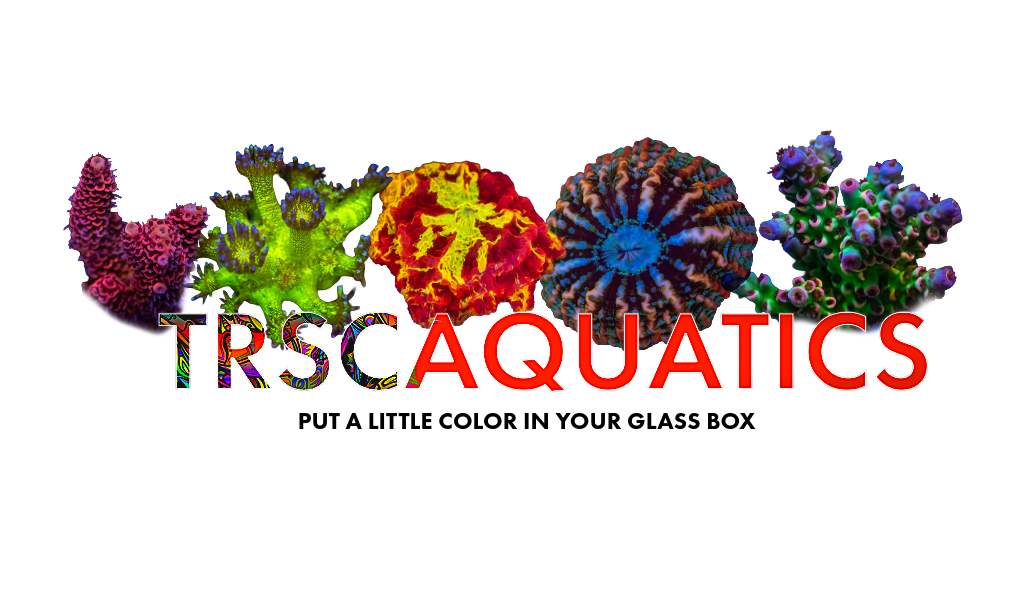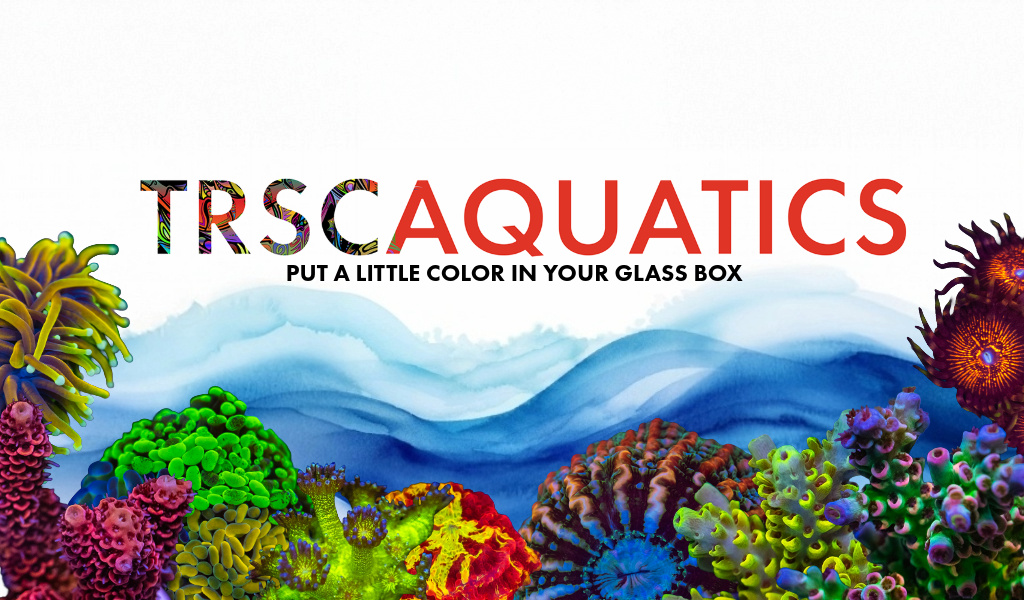Coral News
Buying Corals Online
The Ethics of Buying Coral Online
Reefing responsibly means more than just building a beautiful tank—it’s about making choices that protect our oceans.
🌱 Why Ethics Matter in Reefing
With coral reefs facing threats from climate change, pollution, and overharvesting, ethical reefing practices have never been more crucial. When buying coral online, hobbyists must consider how their purchases impact natural ecosystems. Supporting sustainable practices helps ensure that the reefing community contributes positively to ocean health.
🧪 Aquacultured vs Wild-Collected Corals
One of the most important distinctions is whether corals are aquacultured or wild-collected. Aquacultured corals are propagated in controlled environments, often by dedicated coral farms or hobbyists. These corals:
- Reduce demand on wild reefs
- Are better adapted to captivity
- Often come with fewer pests and diseases
🌎 Environmental Impact & Shipping
Shipping coral across countries and continents carries a carbon footprint. It can also stress specimens and increase mortality rates. By choosing regionally aquacultured corals or suppliers with responsible shipping methods, hobbyists minimize environmental harm. Look for companies that use sustainable packaging and low-impact logistics.
📜 Legal & Conservation Considerations
Ethical coral trading also means adhering to legal regulations. Many coral species are protected under international agreements like CITES (Convention on International Trade in Endangered Species). Buyers should:
- Confirm the species is legally allowed for trade
- Check for proper permits and documentation
- Support vendors who comply with conservation guidelines
🧠 Transparency Builds Trust
Responsible sellers prioritize transparency. They offer clear information on coral origin, handling, and health. Ethical buying means researching the vendor, reading reviews, and checking for guarantees. Supporting transparent businesses helps elevate the standards of the aquarium industry.
💡 Final Thoughts: Reefing with Responsibility
When shopping online for coral, hobbyists should ask: Is this coral ethically sourced? Am I supporting sustainable practices? Is the vendor transparent and legally compliant? By making mindful decisions, reefers protect ocean biodiversity, promote sustainability, and create tanks that honor the ecosystems they emulate. Ethical reefing isn’t just good practice—it’s the heart of the hobby’s future.




